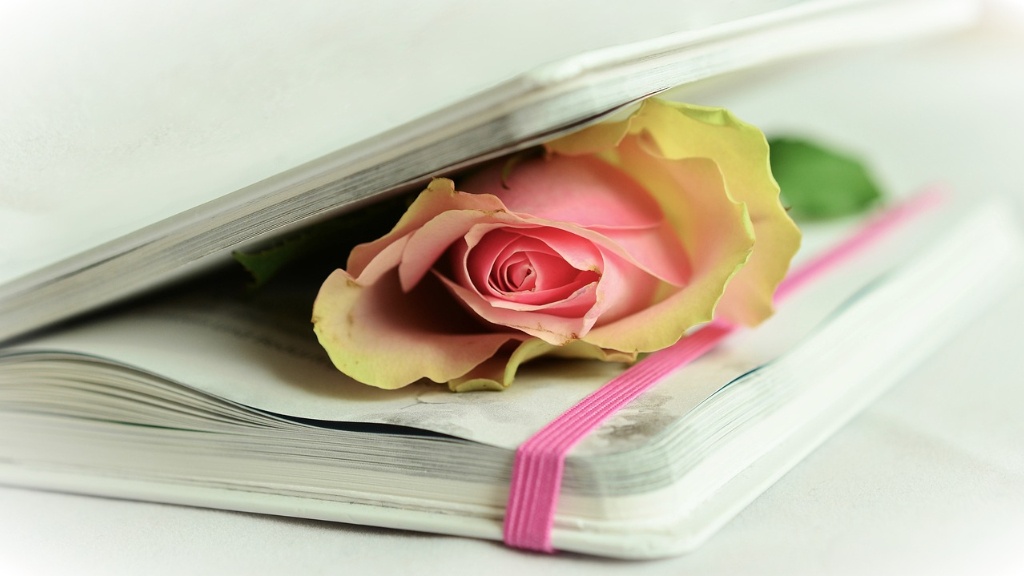Uniquely Capturing the American Spirit
The poetry of Walt Whitman is famous for its beautiful yet dynamic depiction of American life and culture. Whitman’s works are often simultaneously full of joy and melancholy, creating a unique and striking characterization of life in 19th century America. Unlike poets before him, Whitman did not subscribe to a conventionally structured poetic form, employing instead a distinctive “free verse” form, with lines and phrases of disparate length and lyrical technique. Whitman’s skill in capturing the energy and spirit of the United States is unrivaled.
The theme of transcendence is prominent throughout Whitman’s oeuvre, and it is this which connects his works deeply to the many eras and regions of American life. In Whitman’s words, he found himself as a “poet of the body” and subsequently his works combine the physicality of life and its spiritual yearnings. In poem like ‘When Lilacs Last in the Dooryard Bloom’d’, for instance, the lilacs symbolize peace and hope, whilst mourning with the death of President Abraham Lincoln. His motto of ‘Song of Myself’, ‘I am large, I contain multitudes’, comes to reflect this sense of universality.
The impact of Whitman’s ‘Leaves of Grass’ was instantaneous and was said to have catalyzed an entire movement of American poetry, famously including Emily Dickinson. Notably, the reception of his works was initially mixed. In some preface notes to the fourth edition, he wrote: “The proof of a poet is that his country absorb him, as he absorbs it.” The contradiction of the prose and the drastic departure from the standardized lyrical form was initially unfavourable to many of his critics, yet this would come to define Whitman’s style.
Whitman’s constant exploration of the United States’ identity and idealism set his work apart from other poets who, although influential, stayed within the constraints of poetic rules and conventions of the day. His works, although deeply enmeshed with the news events of the day, also struck at a more spiritual note, famously in between ‘The Sleepers’, exploring the idea of a collective subconscious mind. This international perspective and multi-dimensional viewpoint made a significant contribution to the American identity.
Whitman would encourage himself to contemplate “adamant truths” and the absolute, some of his most famous poems attempting to capture the core of our human existence. His works powerfully grapple with the chaotic and unpredictable nature of life, mixing democratic topics with a deeply personal one, his songs being an observance of the individual person in the greater context of the world. Whitman believed poetry should not be separate from life and as such, his works attempted to traverse the many interfaces between the individual, society and the nation.
Narrating the Historic-Political Scope
Though his works are often associated with democratic themes, Whitman also rendered his time period in a poetic narrative. Drawing upon the events of the early part of the twentieth century, Whitman’s works heavily criticize issues including slavery, race, labor and religious tensions. In his poem ‘We Two Boys Together Clinging’, for example, Whitman comments on the struggles of living between two different societies: the segregated and disrupted North American states and the industrialized, industrialized Europe. Moreover, Whitman makes passionate claims on the grave injustices of slavery, such as in his poem ‘This Imperfect Interview’, which recounts a conversation between an African American freedom fighter and a slave master. These pieces, amongst others, speak not only to Whitman’s skill as a poet but also to his profound understanding of the circumstances of his time.
Whitmans longing for social reforms and his deep concern for the welfare of African-Americans was once again highlighted in his 1876 poem ‘Passage to India’, calling upon the United States to recognize and stand in solidarity with India. He also used his poems to offer his unique perspective on the United States’ attitude in political and military conflicts, responding to the Spanish–American War in 1898 in a free verse poem entitled ‘A Hymn of Gay Boys’. By juxtaposing somewhat standard themes of warfare in his poetic works, Whitman aptly conveys the experience of his time period.
Reconciling the Intellect with the Emotions
Whitman’s use of language, although unconventional, captures the poetic rhythm of his time period, which was marked by the transitions between intellectualized thought and emotional upheaval. In ‘Out of the Cradle Endlessly Rocking’, Whitman uses codified metaphors of the ocean, birds, and the natural world to convey the universalistic reality of life’s unfairness by juxtaposing the innocence of a child narrator with unspoken realities. By including such naturalistic imagery, Whitman not only reveals the dark circumstances of his time, but he also instills an awe of nature’s powerful grandeur.
Moreover, on a more psychological level, Whitman’s poetry is distinct for its tendency to use Freudian themes and symbols, such as in ‘Sleep-Walking’. In that poem, the character determines his own destiny through his dreams. Such a theme was not only new to Whitman’s own time, but is still relevant to personal development today. Whitman further explored such concepts in ‘The Sleepers’, wherein he personifies sleep as something that takes one away from daily life and brings him closer to absolute understanding of life, while at the same time erasing any sense of individual separateness.
Any analysis of Whitman’s poetry must also consider his use of a revolutionary literary device, anaphora, which is repeated in many of his poems. Anaphora is the practice of repeating words or phrases at the beginning of lines, in a rhythmic and poetic pattern. This technique allows Whitman to imbue the lines with an emotional depth and passion, breaking away from the mundane layers of poetic convention. Through these devices and techniques, Whitman communicates through a unique style and formulation, which has made him a household name.
Touring Everyday Life and Igniting Inspiration
Whitman did not limit his works to a single era, genre or place. Rather, his works span through various circles of life and regions, both in the United States and beyond. He wrote of everyday life, of men and women working, children playing and parents raising families, delving into the simple moments of life and discovering an authenticity in them. In poems such as ‘When I heard the Learnd Astronomer’, Whitman revels in the beauty of nature, leading his speaker to leave the lecture and tour the stars alone, illustrating the multifaceted nature of experience.
Whitmans poetry is further distinct for it is usage of rather controversial topics, such as in ‘Drum-Taps’, a poem about the psychological effects of war. Whitman does not seek to trivialize rather to emphasize, by exposing the tragedies of war and its impact upon the loss of innocence and hope. Therefore, this poem calls attention to the realities of war and illuminates the effects upon veterans and the wider community.
Overall, Whitman left behind a lasting legacy of American literature, becoming an inspiration to certain generations of poets, authors and musicians. His works engage implicitly with a range of philosophical, political and poetic ideas, thereby participating in an ideological conversation that transcends time and boundaries.
Meaningful Re-Invention
At the heart of Whitman’s poetry is a sense of transformation and re-invention. In poems such as ‘Song of Myself’, he speaks of the power of change, thereby creating an ethos for embracing evolution and growth. By presenting this characteristic of life as quintessential to his narrator’s outlook, Whitman speaks to the power of changing one’s perspective, embracing evolution and movement. The poem ‘To You’ is a perfect example of this, wherein the narrator’s attitude shifts from one of praise to one of comfort, showcasing Whitman’s skill in creating a narrative arc.
The poems ‘O Me! O Life!’ and ‘To a Common Prostitute’ also embody this sense of newness and embrace of change, both allowing the narrator to contemplate their existence and understand a broader perspective. These works speak to the universality of the human spirit and its inevitable search for personal transformation. The poem ‘One Hour to Madness and Joy’ speaks to Whitman’s generous appreciation and exploration of the unknown, of life and its destiny, a constant source of wonder.
Visually Capturing Aesthetical Beauty
Whitman’s works extend beyond the written page too, most notably in the photography of Whitman himself. Taking up the camera during his later years, Whitman was known to capture still moments through his lens, such as in his photograph of a family mourning a death. His photographs speak to his skill in finding the true beauty in everyday life, creating yet another avenue for Whitman to express his poetic sentiment.
Also very captivating are the drawings of Whitman by his close friend Thomas Eakins, a fellow member of the American Transcendentalism movement. Eakins’ illustrations are said to be symbolic of Whitman’s belief in the essential power of the individual, with his sketches of the poet often portraying a solitary figure surrounded by nature. These visual elements accompany Whitman’s poetry and add to its artistic legacy, both continuing to enchant audiences today.
Stimulating the Reader’s Mind
In conclusion, a reading of Whitman’s works can leave one feeling both inspired and enamored, with his evocative lines penetrating the heart and mind alike. He constantly challenges the reader to consider their position in life, to find happiness in one’s own being and power in transformation. It is easy to see how his works have influenced and sustained the literary canon of the United States and beyond, with Whitman’s poetry continuing to reflect its universal interpretation of the cycles of life and the inner spirit of humanity.




